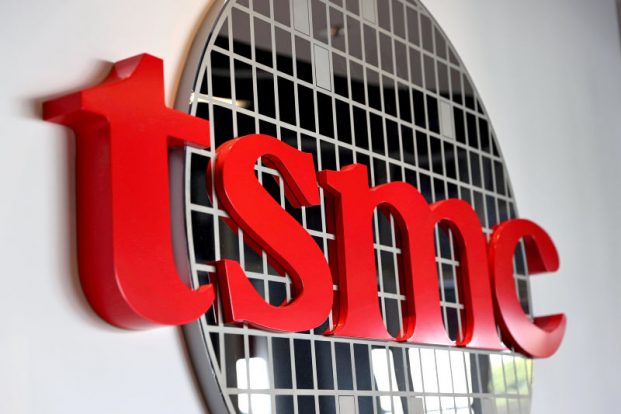Chip giants TSMC and Samsung Electronics have won one-year US licences from the Biden Administration authorising them to export advanced chips to China.
But perhaps the biggest news on Thursday was the impact of the Biden Administration’s decision to ban US citizens from working for Chinese chip companies.
The move “is sending shock waves across China’s semiconductor industry where many entrepreneurs, senior executives and scientists are US citizens,” the South China Morning Post reported.
It said a review of a list of US citizens listed as employees of Chinese chip companies “found that many heavyweights in China’s semiconductor industry have US citizenship – most of them naturalised citizens who were born in China but studied at American universities or worked in the US chip industry”.
But no Chinese companies had published the number or percentage of American employees on their payroll, it said.
Naura Technology, China’s top chip equipment maker, has told its US engineers to stop working on research projects described as “component and machinery development” immediately in a bid to comply with the new US regulations, the SCMP report said.
US chip equipment suppliers are also pulling out US staff from other Chinese facilities, including the country’s top memory chipmaker Yangtze Memory Technologies, the Wall Street Journal reported.
TSMC, Samsung Get Green Light
Meanwhile, US officials assured Taiwan Semiconductor Manufacturing Co Ltd (TSMC), the world’s biggest contract chipmaker, it will be allowed to ship the equipment to a manufacturing facility in the Chinese city of Nanjing.
That means the company’s plans to expand its manufacturing footprint in China will remain on track, sources told Nikkei on Thursday.
Samsung was also granted a one-year exemption on the restrictions announced last Friday, which have rocked the computer sector, according to the Wall Street Journal.
Both moves were expected, after SK Hynix – another major memory chipmaker from Korea – revealed earlier that it had won a one-year reprieve from the US Department of Commerce.
ALSO SEE: South Korea’s SK Hynix Wins Reprieve From US Chip Curbs
TSMC Profit Soars
TSMC’s profit surged 80% in the third quarter on the back of strong worldwide microchip demand for data centres and electric cars.
The Taiwanese chipmaker, Asia’s most valuable listed firm, saw profit rise to $8.81 billion, with revenue also climbing 36% year on year to $20.23 billion.
Its dominance in supplying some of the world’s most advanced chips to tech giants such as Apple and Qualcomm has shielded TSMC from the economic downturn felt by other chipmakers like AMD and Micron Technology.
However, the Taiwanese firm flagged challenges on Thursday from rising inflationary costs next year and cut its capital expenditure for 2022 to around $36 billion.
In July, the company said it would skim the lower end of its previous guidance of $40 billion to $44 billion this year, with some expenses pushed to next year because of a delay in the delivery of some chip-making equipment.
It comes as the chip industry faces weak demand, spurred by decades-high inflation, rising interest rates and Covid-related lockdowns in China that have hurt the computer and smartphone markets as businesses and consumers rein in expenses.
Uncertain 2023
TSMC said its data centre and auto businesses remained steady for now, and that its business overall will be more resilient than the broader chip industry that will likely decline in 2023.
Just three months back, TSMC had said it has seen little impact from the current down cycle in the sector and long-term demand for its chips was “firmly in place” thanks to businesses shopping for high-performance computing chips used in 5G networks and data centres, as well as an increased use of chips in gadgets and vehicles.
Shares in TSMC have fallen almost 36% so far this year, giving it a market value of $323.7 billion. The stock fell 0.6% on Thursday, compared with a 2.1% fall for the benchmark index.
- By Jim Pollard and Alfie Habershon with Reuters
NOTE: This report was updated with further details on the impacts of the US government move and the headline changed on October 13, 2022.
Read more:
China Approves Fund Targeting Korean, Local Chipmakers
China’s Chip Industry Faces Deep Pain From US Curbs – FT
New US Export Rules Seek to Contain China’s Chip Sector
China Warns US Chip Tech Export Curbs Will ‘Backfire’
US Chip Ban Likely to Hit Most of China’s Tech Giants
























